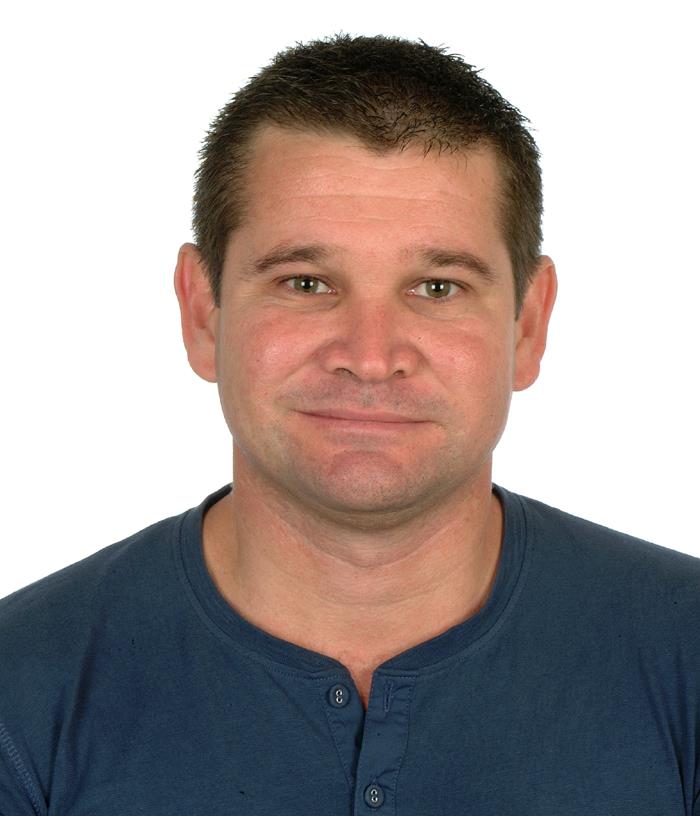 Large-scale methane measurements on individual ruminants for genetic evaluations
Large-scale methane measurements on individual ruminants for genetic evaluations
Yuliaxis Ramayo

Tell us about yourself (Who are you? Where are you from? What is your educational background?)
I’m from Cuba where I did a degree in Veterinary Sciences and Animal Husbandry at the Universidad de Granma (2001-2006). From 2008 to mid-2013 I developed my career in Spain, where I first got the MSc in Quantitative and Molecular Genetics applied to livestock and where, I afterwards started my PhD project supervised by Dr. Josep M. Folch and Dr. Miguel Perez-Enciso. The main topic of my thesis was focused on the use of quantitative and statistical genetics methods for the identification of genes and gene networks underlying economically relevant traits in pig production such as growth, meat quality and fatty acid composition. In 2012, I obtained a mobility grant to develop a four-months project at CSIRO (Brisbane, Australia). In the CSIRO, I received an Industrial Traineeship in System Biology under the supervision of Dr. Antonio Reverter-Gómez.
What is your area of expertise?
After the dissertation of my PhD , I have a major interest on contributing to the knowledge in the area of metagenomics applied to animal production. Therefore, I applied and got an AgreenSkills post-doctoral fellowship to work under the supervision of Dr. Jordi Estellé in the framework of the project “METALIT: Computational biology tools for de novo and quantitative metagenomics characterisation in Livestock–application to porcine and bovine gastro Intestinal Tract dataset”.
The goal of the project was to implement computational biology tools for NGS data in generic data analysis pipelines and to use them to contribute to the production and exploitation of the microbiota catalogues for the porcine and bovine gastrointestinal datasets. Along my young scientific career, I have worked in different environments and collaborated with people from different research backgrounds allowing me to successfully complete my graduate studies and to acquire a research experience in animal breeding, genomics and computational biology.
Where does your focus lie within your current project(s)? (related to methane)
Since January 2015, I’m working as Junior Research Scientist at the French National Institute for Agricultural Research (UMR1313 Génétique Animale et Biologie Intégrative , Jouy-en-Josas). I’m interested to contribute to the research field of bovine genomics and metagenomics, employing and developing new methodologies based on the use of high throughput sequencing and their translation to livestock breeding programs.
What would be the added value for you of joining an international researchers network? (such as the METHAGENE network)
This is a great opportunity to learning from other colleagues, and to discuss about the current state of the art of protocols and analytical methods to incorporate methane emissions into breeding programs.
What and/or who inspired you to make a career in science?
My family.
What do you enjoy most about your work?
Work in a multidisciplinary environment, is beautiful to have the opportunity to collaborate with colleagues with complementary knowledge and expertise.
What is your most stand-out or surprising moment in science so far?
Every single day when I realized that I know one thing: that I know nothing.


